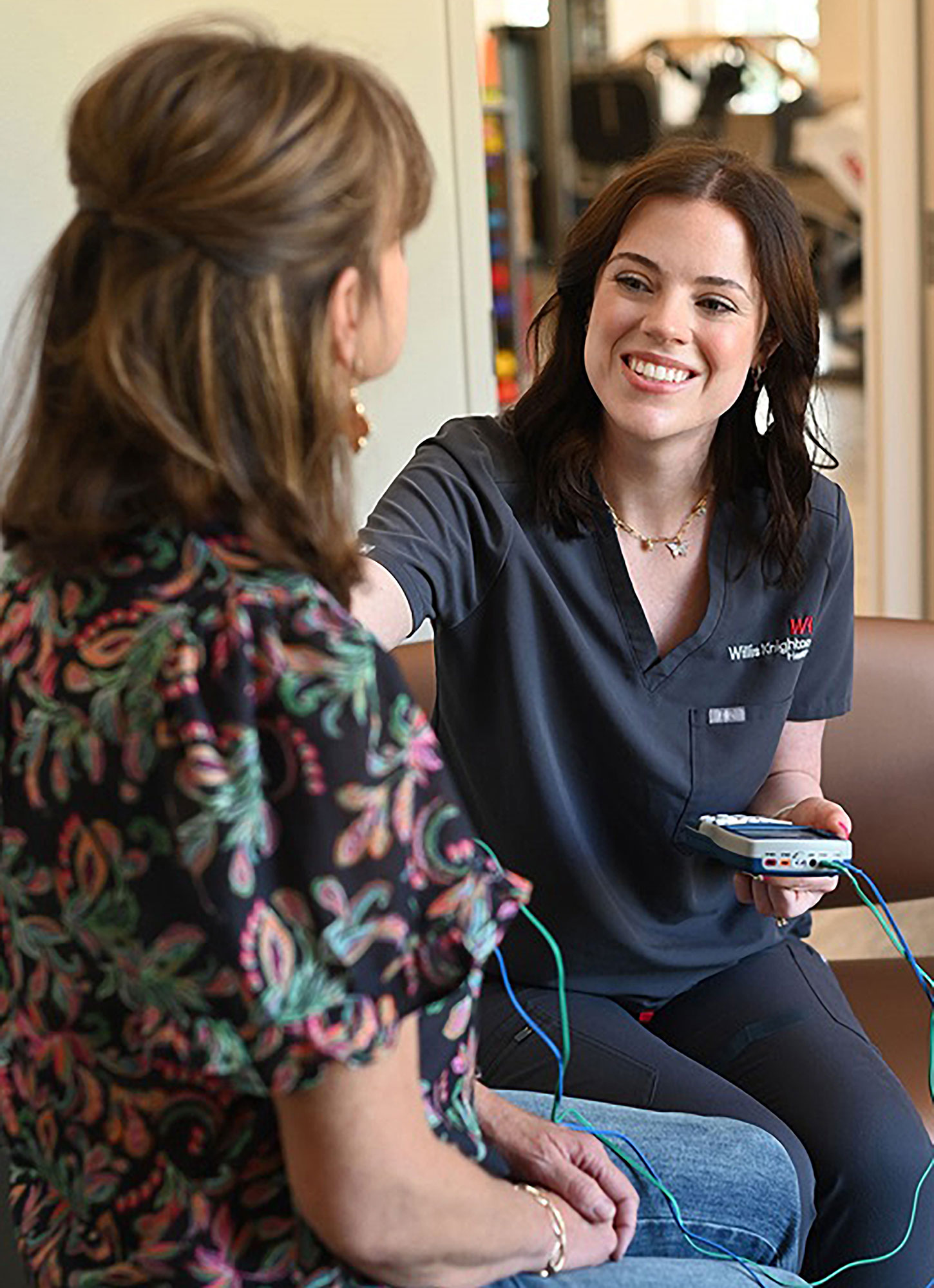Diabetes
- A1C Test for Diagnosing Diabetes
- A1C Test for Glucose Monitoring
- After Your Diabetes Diagnosis
- Are You at Risk for Type 2 Diabetes?
- Diabetes and Choosing the Right Foods
- Diabetes and Exercise
- Diabetes and Foot Care
- Diabetes and Healthy Eating
- Diabetes and Hearing Loss
- Diabetes Eye Exam
- Diabetes Screening
- Glucose Monitoring
- Insulin Medication (Overview)
- Ketone Testing for Diabetes Management
- Managing Gestational Diabetes
- Managing Type 1 Diabetes in Children and Teens
- Managing Type 2 Diabetes
- Non-Insulin Medications for Type 2 Diabetes
- Prediabetes: Strategies for a Healthy Life
- Setting Weight-Loss Goals










